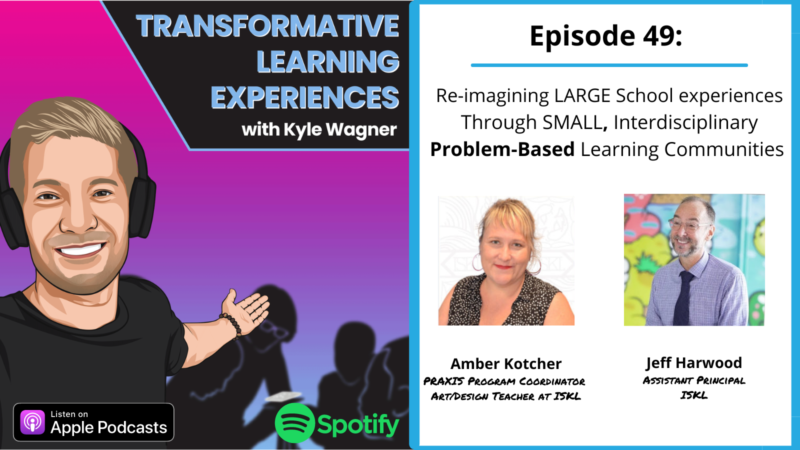

 Aimed at Grade 9 students, PRAXIS fosters an interdisciplinary approach to learning, reimagining the school experience at ISKL. The basis of this program is anchored in complex and real-world challenges with students stepping into a future-ready learning environment. They should expect to be empowered in their creative exploration and effective collaboration by utilizing problem-solving skills.
Aimed at Grade 9 students, PRAXIS fosters an interdisciplinary approach to learning, reimagining the school experience at ISKL. The basis of this program is anchored in complex and real-world challenges with students stepping into a future-ready learning environment. They should expect to be empowered in their creative exploration and effective collaboration by utilizing problem-solving skills.
Featuring a smaller learning community and flexible timetable, PRAXIS focuses on problem-based learning and situates the current science, English, social studies, and art & design curriculum around a series of complex, compelling problems that demand an interdisciplinary approach. Mathematics, world language, physical education, and elective courses continue to be taught in the traditional classroom setting.

Jeff Farrington
High School Principal




Our PRAXIS Program Coordinator Amber Kotcher and HS Assistant Principal Jeff Harwood sat down with Kyle Wagner to discuss ways to make learning experiences more relevant, interdisciplinary, and problem-based.

As an interdisciplinary program, the concepts and skills students learn across the four integrated subject areas (science, English, social studies, and art & design) are tightly linked to deepen learning and skill development.
During the year, students participate in three teacher-guided project modules called BluePrints. Each BluePrint focuses on a real-world challenge and takes between six to eight weeks to complete.
Students work in teams to investigate the Driving Questions around their assigned BluePrint across the four integrated subject areas (English, science, social studies, and art & design). The composition of teams changes with each BluePrint to foster a diversity of perspectives, promote adaptability, and build skills in collaboration and communication.
Examples of the Driving Questions students explore:
Designing to drawdown. How do we design for a circular economy?
Can truth be saved?
How do we design for more sustainable communities?




No. 2, Lorong Kelab Polo Di Raja, Ampang Hilir, 55000 Kuala Lumpur, Wilayah Persekutuan Kuala Lumpur
Tel : + 603 4813-5000 | Fax: + 603 4813-5100 | Email: [email protected]
Copyright © 2024. The International School of Kuala Lumpur. All Rights Reserved
Latest update: October 26